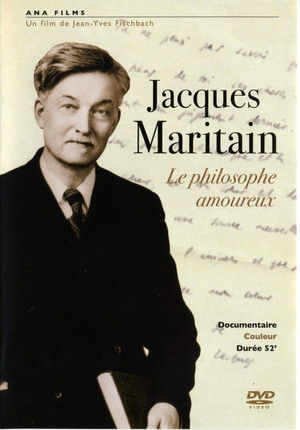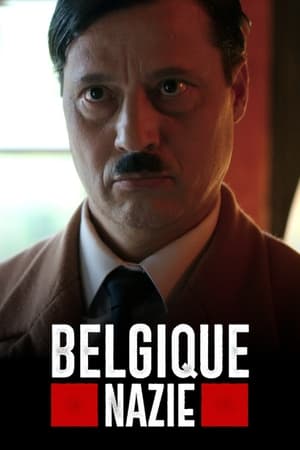
Jacques Maritain, le philosophe amoureux(NaN)
This documentary retraces the life of Jacques Maritain (1882 - 1973), French Christian philosopher. In evoking his life, it paints a portrait of the 20th century: the scientism of the Sorbonne, the rise of Nazism, the Resistance, Free France, Christian Democracy in South America, but also art, freedom, peace and love for the human person. Jacques Maritain, in the torments of the 20th century, of it's murderous madness and it's hope for peace, holds a secret: his ineffable and faithful love for his wife Raïssa, the inspiration for his political commitments and his philosophical thought.

Movie: Jacques Maritain, le philosophe amoureux
Video Trailer Jacques Maritain, le philosophe amoureux
Similar Movies
 8.2
8.2Night and Fog(fr)
Filmmaker Alain Resnais documents the atrocities behind the walls of Hitler's concentration camps.
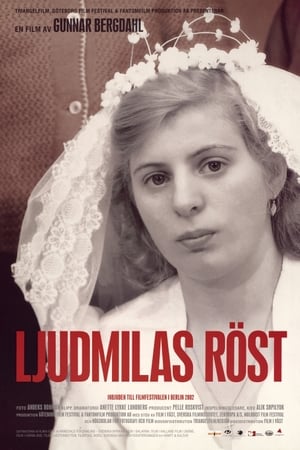 0.0
0.0The Voice of Ljudmila(sv)
Ljudmila Ignatenko tells the story of her and her husband Vasilij, a firefighter who was one of the victims of the Chernobyl disaster in 1986.
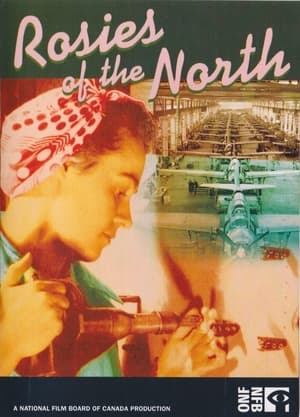 0.0
0.0Rosies of the North(en)
They raised children, baked cakes... and built world-class fighter planes. Sixty years ago, thousands of women from Thunder Bay and the Prairies donned trousers, packed lunch pails and took up rivet guns to participate in the greatest industrial war effort in Canadian history. Like many other factories across the country from 1939 to 1945, the shop floor at Fort William's Canadian Car and Foundry was transformed from an all-male workforce to one with forty percent female workers.
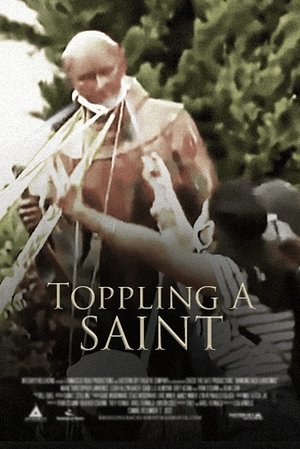 5.0
5.0Toppling a Saint(en)
An exploration of America’s cultural divide ignited by the 2020 controversy surrounding the forcible toppling of Father Junipero Serra’s statues. Best-selling author Arthur Brooks examines the toxic polarization gripping the nation. Can we bridge this divide, or are we destined to repeat history?
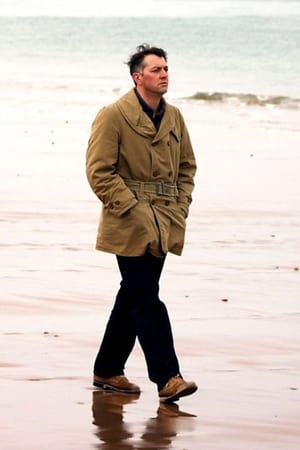 5.0
5.0Normandy '44: The Battle Beyond D-Day(en)
James Holland moves beyond the D-Day beaches to reassess the brutal 77-day Battle for Normandy that followed the invasion. Challenging some of the many myths that have grown up around this vital campaign, Holland argues that we have become too comfortable in our understanding of events, developing shorthand to tell this famous story that does great injustice to those that saw action in France across the summer of 1944.
 7.9
7.9Blood Money: Inside the Nazi Economy(fr)
How did Nazi Germany, from limited natural resources, mass unemployment, little money and a damaged industry, manage to unfurl the cataclysm of World War Two and come to occupy a large part of the European continent? Based on recent historical works of and interviews with Adam Tooze, Richard Overy, Frank Bajohr and Marie-Bénédicte Vincent, and drawing on rare archival material.
 8.0
8.0Mengele, the hunt for a Nazi criminal(fr)
He was one of the most notorious Nazi war criminals, infamous for his assassination attempts on twins. But at the end of World War II, he simply disappeared...
 6.4
6.4Hitler's Hollywood(de)
Film journalist and critic Rüdiger Suchsland examines German cinema from 1933, when the Nazis came into power, until 1945, when the Third Reich collapsed. (A sequel to From Caligari to Hitler, 2015.)
Timber Front(en)
This black-and-white archival film outlines the importance of Canada's forests in the national war effort during the Second World War.
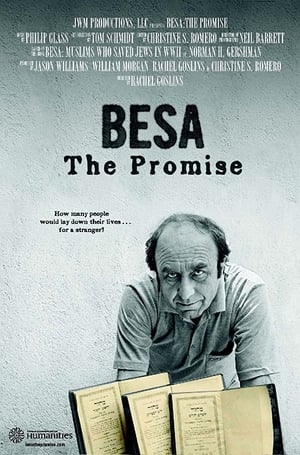 10.0
10.0Besa: The Promise(en)
A documentary exploring how Albanians, including many Muslims, helped and sheltered Jewish refugees during WWII at their own risk, and trying to help the son of an Albanian baker that housed a Jewish family for a year return some Hebrew books that the family had to leave behind.
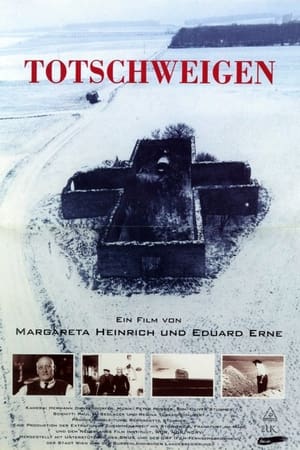 10.0
10.0Wall of Silence(de)
In the small town of Rechnitz a terrible crime against humanity was performed during the holocaust. Until now, no-one dares to talk about it.
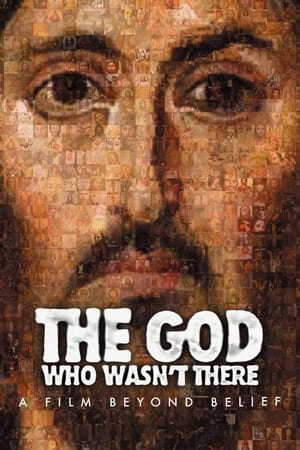 6.0
6.0The God Who Wasn't There(en)
Did Jesus exist? This film starts with that question, then goes on to examine Christianity as a whole.
 7.0
7.0Zeitgeist(en)
A documentary examining possible historical and modern conspiracies surrounding Christianity, the 9/11 terrorist attacks, and the Federal Reserve bank.
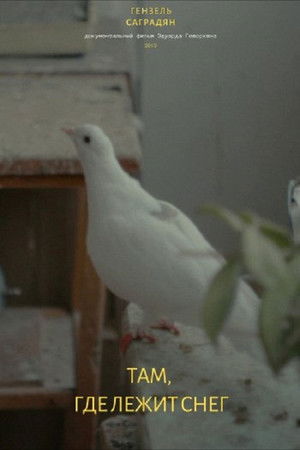 0.0
0.0There Where The Snow Lies(hy)
Hansel's grandfather's wife died. They have lived together for over fifty years. For three years he has been living alone, cannot find a place for himself and constantly misses her.
 6.1
6.1The Case of Bruno Lüdke(de)
The incredible story of Bruno Lüdke (1908-44), the alleged worst mass murderer in German criminal history; or actually, a story of forged files and fake news that takes place during the darkest years of the Third Reich, when the principles of criminal justice, subjected to the yoke of a totalitarian system that is beginning to collapse, mean absolutely nothing.
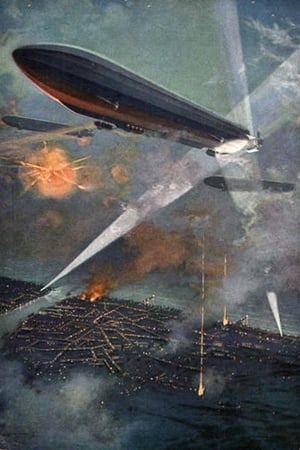 8.0
8.0Attack of the Zeppelins(en)
Engineer Dr Hugh Hunt revisits the little-known story of the First World War's Blitz, when the Zeppelin waged an 18-month terror campaign on the people of London.
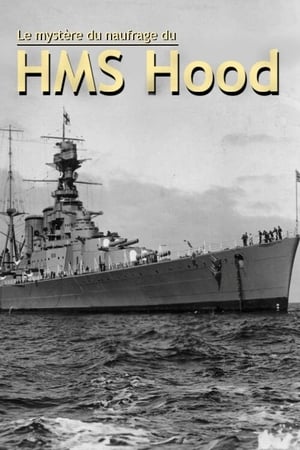 8.0
8.0How The Bismarck Sank HMS Hood(en)
The 'mighty' Hood was the pride of the British Navy for more than 20 years, revered around the world as the largest and most powerful warship afloat. But when it was sunk by the German battleship Bismarck off the coast of Greenland on 24 May 1941, its end was shockingly swift.
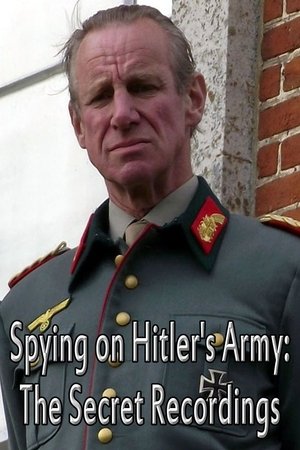 9.5
9.5Spying on Hitler’s Army: The Secret Recordings(en)
British intelligence undertook an audacious operation to listen in on the private conversations of 10,000 German prisoners of war without their ever knowing they were being overheard. The prisoners' unguarded reminiscences and unintentional confessions have only just come to light, and prove how closely the German army were involved in the atrocities of the Holocaust. British intelligence requisitioned three stately homes for this epic task, and converted each into an elaborate trap. The 100,000 hours of conversation they captured provided crucial intelligence that changed the course of the war, and revealed some of its worst horrors, from rape to mass executions to one of the earliest bulletins from the concentration camps. But when the fighting ended, the recordings were destroyed and the transcripts locked away for half a century. Only now have they been declassified, researched and cross-referenced.
 0.0
0.0The Love Project(en)
An exploration of love through different demographics and community perspectives.
